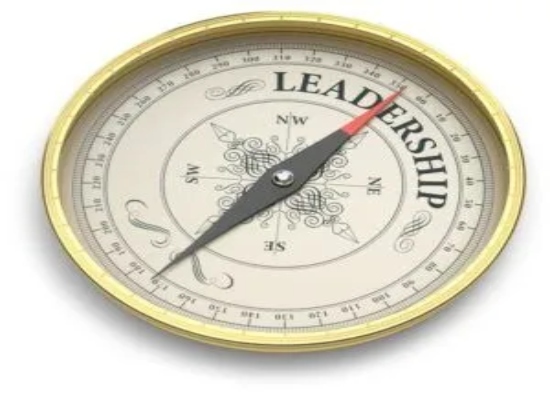
In the realm of leadership, there exists a treasure trove of timeless wisdom waiting to be unearthed. Drawing from historical accounts and contemporary research, we can distill invaluable lessons that transcend time and circumstance. As executives and leaders navigate the complexities of today’s world, it is crucial to reflect on the tenets that have guided great leaders throughout history.
Energy and Dedication Great leaders exhibit an unparalleled level of energy and dedication to their cause. Their unwavering commitment and tireless work ethic serve as beacons of inspiration for those around them.
Strategic Planning and Adaptability The ability to plan meticulously while remaining adaptable in the face of unforeseen challenges is a hallmark of exceptional leadership. Flexibility in strategy coupled with a steadfast focus on the end goal is a recipe for success.
The Power of Memory A sharp memory and effective information management are indispensable tools for leaders. Whether memorizing speeches or recalling critical details, a good memory enhances decision-making and strategic thinking.
Embracing Luck While skill and strategy are vital, luck can often tip the scales in a leader’s favor. Acknowledging the role of chance and being prepared to seize opportunities are essential components of effective leadership.
Understanding Public Sentiment A keen awareness of public sentiment and the political landscape is crucial for leaders. Adapting to changing tides of opinion while staying true to core values is a delicate balancing act that defines successful leadership.
Well-Timed Unreasonableness Innovation and progress often stem from a willingness to challenge the status quo. Embracing well-timed unreasonableness can lead to breakthroughs and transformative change within organizations.
Steadfastness in Crisis Maintaining composure and resolve during times of crisis is a defining trait of great leaders. Steady nerves and unwavering determination inspire confidence and rally teams in the face of adversity.
Inspiring Persistence True leadership lies in the ability to motivate and uplift others, especially in moments of defeat. Encouraging perseverance and instilling hope are key elements of effective leadership.
Empathy and Understanding Empathy towards others and a deep understanding of human psychology are essential for building strong relationships and fostering collaboration. Leaders who connect on a personal level inspire loyalty and trust.
Political Acumen A profound grasp of political dynamics and the ability to navigate complex environments are vital for leaders. Cultivating a sixth sense of strategic opportunities and leveraging them effectively can lead to long-term success.
In conclusion, the tapestry of leadership is woven with threads of dedication, adaptability, empathy, and strategic vision. By embracing these timeless lessons and drawing inspiration from the experiences of past leaders, today’s executives can chart a course toward impactful and transformative leadership in the modern world.